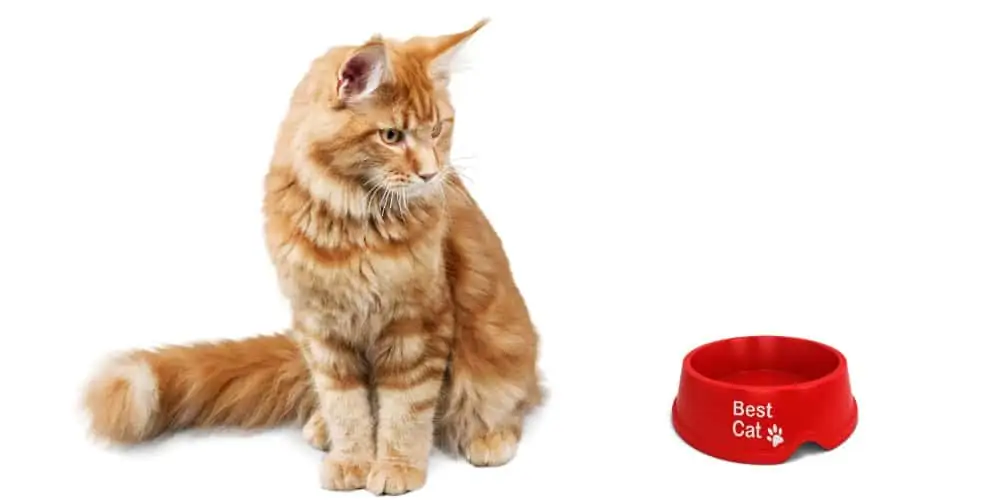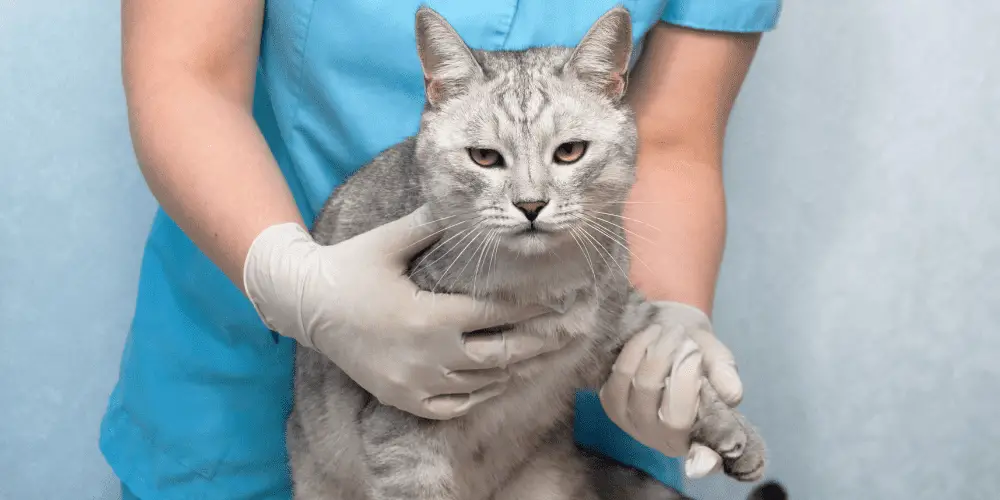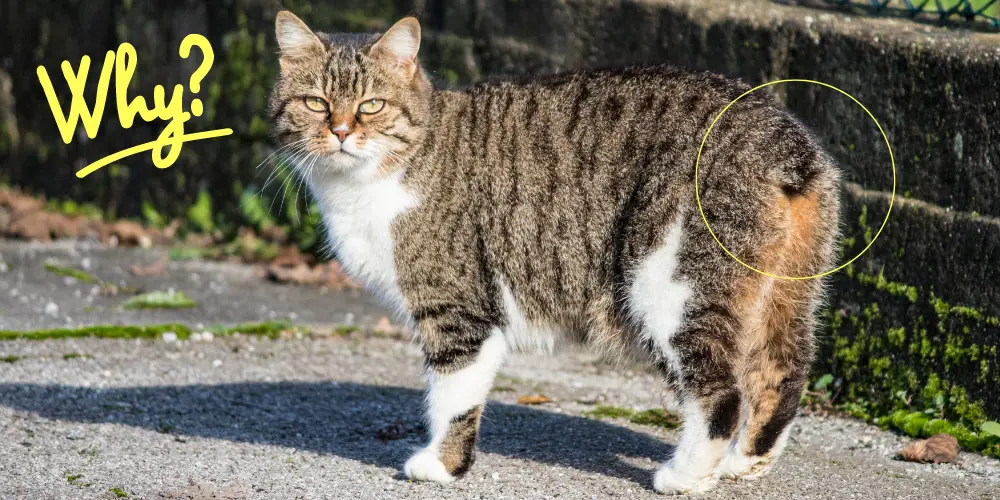Cats may have to go without food once in a while. Whatever your reasons might be, you’ve come here wondering just how long can cats go without food, and we’re going to answer that for you.
In the majority of cases, adult cats can go up to two weeks without eating food. This amount of time will depend largely on their activity level and how much water they get at the same time. Both older and younger cats need to eat more and may only last up to a week without food.
You might be surprised that cats can go so long without food, but this is actually a pretty standard amount of time for many mammals. Next, we’re going to take a closer look at how a cat can survive without food for this long and the contributing factors to how long they can go without eating. Keep reading to get all the details.
Factors That Determine How Long a Cat Can Go Without Food
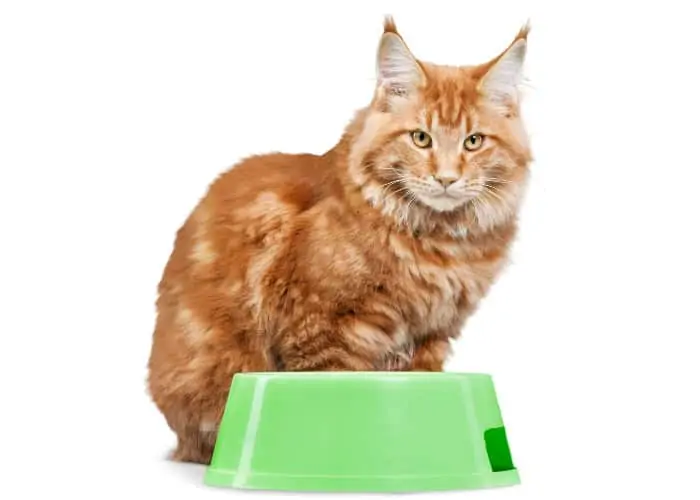
As we mentioned earlier, a few different factors determine how long a cat can survive without food. The first of these is how old the cat is and what kind of shape they’re in. For most healthy adult cats that aren’t too old, their bodies will be able to run on no food for up to two weeks.
However, this amount of time is going to be different for young and old cats. Young cats need a sustained diet of frequent meals to keep up their weight and to grow properly. Without food, they may not last longer than a week. Older cats are much the same, requiring frequent meals to sustain healthy body functions and energy levels.
A couple of other factors contributing to how long a cat can go without food are how much water they’re getting and how much physical activity they are engaging in. Without water, most animals will only last a matter of days, cats included. And if a cat is forced to move around and expend energy a lot, it won’t last as long without food either.
Reasons Why a Cat May Stop Eating
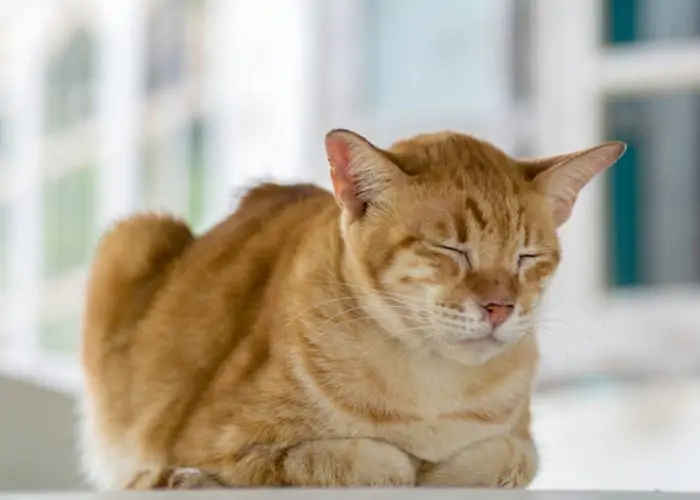
In some cases, a cat may simply refuse to eat for long periods of time, even if they have a source of food nearby. There are many possible reasons why this might happen, so here are some of the most common ones.
The first reason could be a health problem. If a cat is hurt or sick, it may experience appetite loss and refuse to eat anything. They may have also sustained an injury or illness that makes it painful for them to ingest food. If it seems like this is the case with your cat, you should take your cat to the vet right away.
Another possible reason could be the onset of diabetes. If a cat develops diabetes in adulthood, it may experience appetite loss and will refuse to eat. They might even have a mental problem like feline depression that is keeping them from wanting to eat. Whatever the reason, you should again take your cat to the vet right away if you think they may be experiencing something like this.
In some less serious cases, a cat may become bored of the same old cat food they always eat. You can try changing the brand or changing where you place their food bowl, which might motivate them to start eating more regularly again.
Potential Health Complications When a Cat Doesn’t Eat
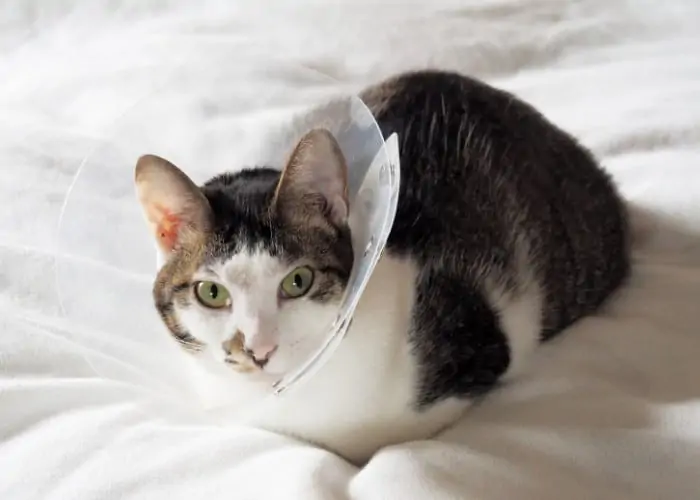
If a cat goes long enough without eating, some serious health complications can occur. One of these is fatty liver disease, also known as hepatic lipidosis. A cat’s liver may become extremely unhealthy if they don’t eat or drink for an extended period of time.
This illness occurs when a cat loses all its body fat due to starvation, except for the fat around the liver. This imbalance in body fats can cause serious issues for a cat, and overweight or sedentary cats are most prone to getting this disease.
A cat’s muscles may also atrophy if they don’t get enough to eat for a sustained period of time, causing major motor and movement issues. When any animal loses muscle mass due to starvation, it can be difficult to gain it back.
You may also notice a cat’s fur start to fall out. This may cause a patchy or scruffy appearance in the cat’s fur. Without certain vitamins and nutrients that they would otherwise be getting in their food, their hair will not have everything it needs to stay healthy.
Final Thoughts
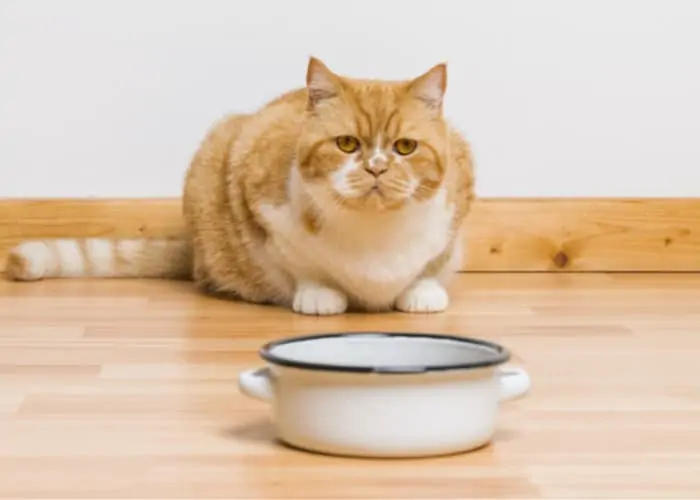
A cat may sometimes have to go without food for an extended period of time (whether your flight got delayed and you won’t be home to feed it for another twelve hours, or you had to leave town for a funeral suddenly, and you didn’t remember to fill up your cat’s food bowl before you left. ) or they may simply refuse to eat altogether.
If this happens, healthy adult cats can survive up to two weeks without food, while young, old, or sickly cats may only be able to survive up to one week. Like all animals, cats require continual sustenance to get all the calories and nutrition that their bodies need to remain functioning in a healthy capacity.
If a cat goes without food for a long period of time, it may experience some negative health effects. These include fatty liver disease, muscle atrophy, or hair loss. There are also many other potential side effects they may experience after not eating for a long time.
When a cat refuses to eat or is left without food for too long, it should be taken to the vet as quickly as possible. A trained veterinarian will be able to diagnose the issue and get them back to health. We hope we’ve answered all your questions with this article. Remember to check out our other articles for all things animals!
